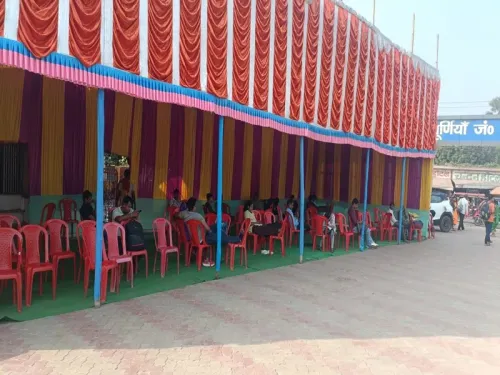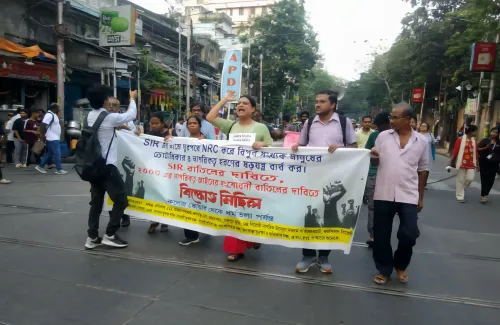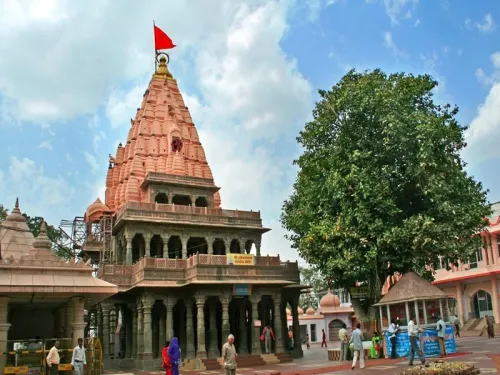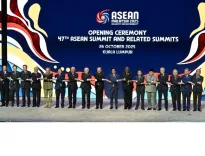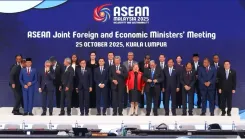Why Did Congress Criticize Former Lokayukta Santosh Hegde's Remarks on Banning Parties?
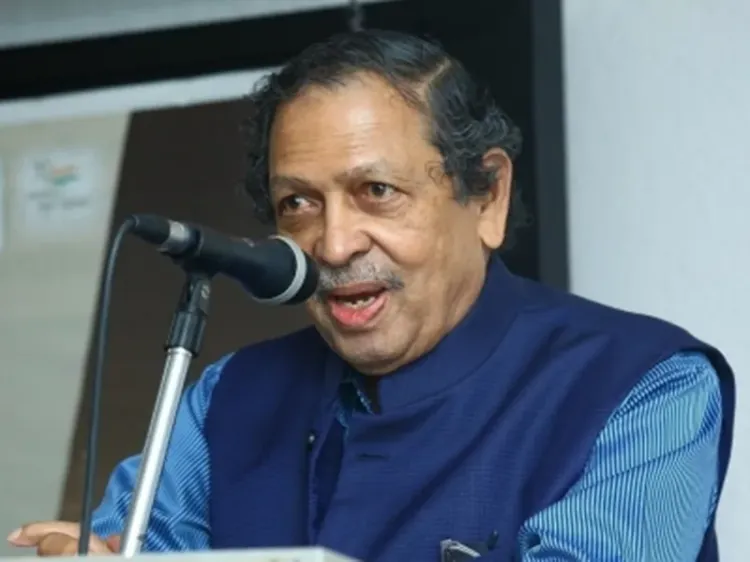
Synopsis
Key Takeaways
- Congress criticizes Justice Hegde’s remarks.
- Debate on political freedom intensifies.
- Historical context of the RSS is crucial.
- Concerns over communal riots linked to the RSS.
- Justice Hegde’s background adds depth to the discussion.
Bengaluru, Oct 25 (NationPress) The ruling Congress party in Karnataka has criticized former Lokayukta Justice Santosh Hegde for his assertion that if the Rashtriya Swayamsevak Sangh (RSS) can face a ban, then the Congress party could also be banned.
Ramesh Babu, Member of the Legislative Council (MLC) and Chairman of the KPCC Media Division, expressed on Saturday, “Justice Hegde’s recent comments during an interview with a private channel have ignited a fresh debate. By suggesting that both the RSS and Congress could be banned, he has revealed his own contradictory stance to the public.”
Retired Justice Hegde appears to have taken on the role of a spokesperson for the Sangh Parivar, a group that has faced bans both before and after India's independence, he noted.
Justice Hegde, who has remained silent against attacks on Supreme Court Chief Justices by Sanatanis, is now advocating for the RSS through channels that lack public debate—a troubling irony in our system, he criticized.
Hegde argues that there are no substantial allegations against the RSS that would justify a ban and claims they have not committed any murders.
“For him, it seems, the assassination of Mahatma Gandhi and the individuals responsible for it are overlooked. Similarly, comparing Gandhi’s walking stick to the RSS’s sticks and joking about it reveals another side of his mentality,” Ramesh Babu added.
The RSS is not merely one organization but a collective of approximately 50 different groups across the nation that operate under various names to propagate hatred, he alleged.
Justice Santosh Hegde is among a select few judges who have been directly appointed to the Supreme Court of India. His father, K.S. Hegde, was also a Supreme Court judge and later served as the Speaker in India’s inaugural non-Congress Janata Party government, he asserted.
K.S. Hegde was known for his opposition to the Congress party and Indira Gandhi. Ramesh Babu suggested that Justice Santosh Hegde’s current comments may stem from a lingering belief that he was denied the chance to become the Chief Justice of India during the Congress-led central government, reflecting his father’s political affiliations.
Despite resigning from the position of Lokayukta in Karnataka in 2010 for moral reasons, he retracted his resignation at the behest of BJP leader L.K. Advani. His current remarks seem to follow the same line of thought, according to Ramesh Babu.
The RSS and its affiliates, unsettled by Minister Priyanka Kharge’s letter, have revealed their true colors through personal attacks and threats of violence, he indicated.
Justice Hegde’s defense of the Sangh Parivar is consistent with this pattern. While Article 19 of the Constitution guarantees fundamental rights, Justice Hegde and his peers are interpreting them in a manner that suits their needs. The Supreme Court has affirmed the authority of state governments to uphold law and order in several rulings, he noted.
The Home Department has documented that numerous communal riots in Karnataka and nationwide have involved the Sangh Parivar. The government cannot remain passive when any organization—including the Sangh Parivar—disrupts peace, incites communal discord, or threatens the security and integrity of the nation, Ramesh Babu claimed.


